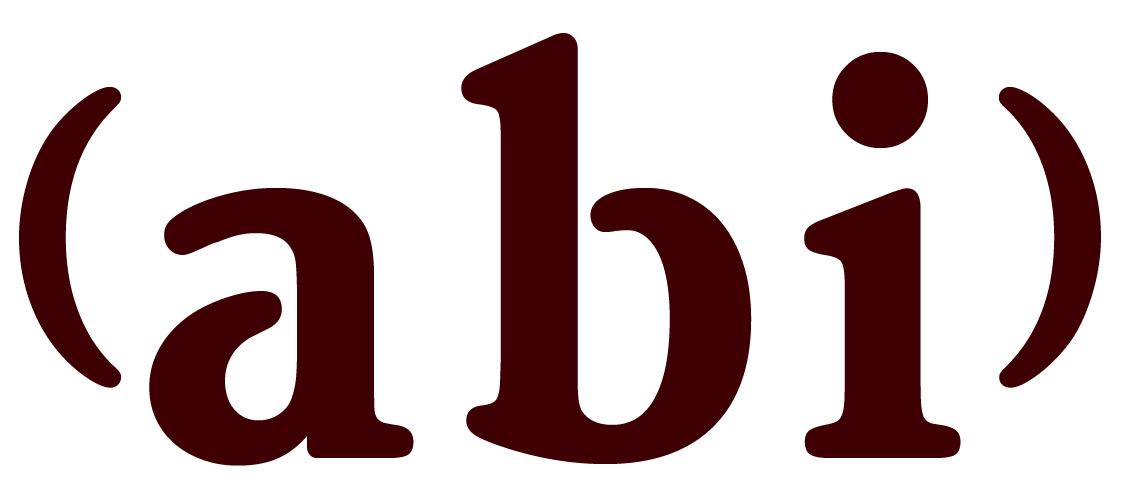Down Syndrome: Today, more than ever, you need our kids
By Sheyla Hirshon
Several months ago, I was speaking with a friend who had been volunteering in her daughter’s kindergarten classroom. The teacher had asked her to do some individual surveys with the children to see how many could identify the numbers up to thirty. (This, mind you, was the first semester of kindergarten!) One little girl, as she tells it, identified a few then asserted anxiously, “But I know this one. It’s ‘five’. I’m five too.”
As I listened to her story, besides feeling horror at the whole idea of test anxiety in kindergarten, my reaction was, “Oh man, are they lucky to have Adara in their class!”
Adara has Down syndrome, as does my 21-year-old daughter Chrystal. Adara’s parents, like ourselves a while back, waged and won the campaign to have their child included in the regular kindergarten at her neighborhood school.
Thanks to her efforts, Adara is currently providing, free of charge, the following gifts to her classmates and teachers:
The assurance that it’s okay if you’re not the smartest kid in the room. You still belong, you are still valued and loved. At five, Chrystal could barely count in sequence from 1 to 5. The world didn’t fall apart. She continued being a welcome, active member of the class, learning at her own pace. Think of the reassurance to others who struggled! The tacit message in this class was: “Everyone belongs here, everyone gives their best, it’s a safe place.” What is the message when we remove the neighborhood kids who are different? Through the eyes of a kindergartner? “Watch out, or you might be next.”
The Chrystals and Adaras of this world are unafraid of their emotions. They teach the other children to express what they feel, be it anger, sadness, compassion, joy or fear, and yes – like it or not – rebellion (Ah the cries of “stubborn”). They are often equally quick to respond to others’ emotions, modeling the much-needed skill of compassion. As important as counting to forty? Frankly, I think it is.
I don’t know about Adara, but Chrystal’s maturity calendar was definitely her own. At many stages, she seemed a much younger child. Her presence gave the other children permission to regress sometimes, to be little for a few minutes when they needed to be, instead of a racing blindly towards “glorious” adolescence. A vital building block to real maturity? Again, to me it’s a clear “yes”.
Anyone watched the pre-teen movies or TV shows lately? In show after show, glamorous young girls fight to be accepted into the “in” crowd. (There is sometimes an African-American in there, as long as she is prosperous, fit, and gorgeous) What is the impact of this barrage on the overweight, the children of color, those who speak a different language, those whose parents are struggling? But there they are, the kids like Chrystal and Adara: absolutely SURE that they are loved, that they are awesome, that they ARE the in-crowd. And, guess what – they’re right?!! What a relief for the rest, to absorb the fact that someone so outside the mold could dare to be happy and self-assured.
As Chrystal grew up and continued in the general education curriculum, she offered her teachers the opportunity, to reflect, – and I mean really reflect – on the true core of their subject, that one concept or concepts that no one should leave the classroom without understanding. I think of the history teacher, who said, “I don’t care if they know all the dates and facts, I just want them to think that history is fun and interesting.” Of the English teacher who just wanted students to be creative and to enjoy reading and writing. And yes, of the one teacher who passed up this great opportunity, insisting that Biology was a ladder that absolutely had to be climbed one rung at a time. At a time when the whole educational establishment is clamoring to measure each step on a ladder that I truly believe is non-existent, our kids present a priceless and rare opportunity to separate the wheat-grass from the potato chips in our academic diet.
Finally, of course, disability is something that sooner or later will touch everybody’s life. It is my fondest hope that somewhere, as someone grieves the loss of their imagined perfect child, one of Chrystal’s former classmates will be there. And will say something to the equivalent of, “Don’t worry. I went to school with a kid like that and she was totally cool.” Quietly, gracefully, our children teach the life-skill of acceptance and appreciation of a diverse world.
In return for these incalculable benefits, we have merely requested a little extra support for the academic or physical areas that ARE difficult for our children. It seems, frankly, a small price to pay.
On the other hand, as a parent, I have spent hours and hours of my life – as has Adara’s mother already – just to make sure that the other teachers and children continue to receive these benefits.
As my kiddo exits the public school system, they will be relieved to know that I am not planning to submit an itemized bill for our services. But I I would like to remind them: our Thank-you note is long overdue.
